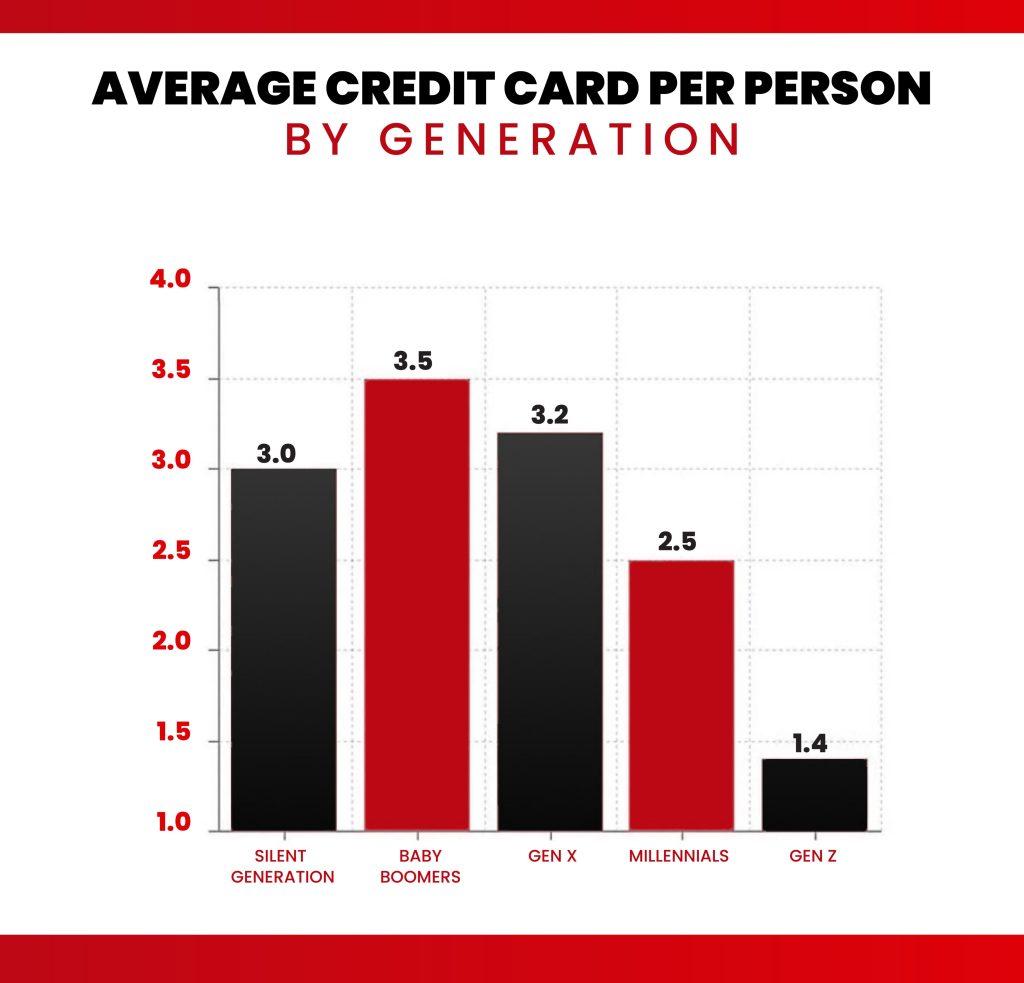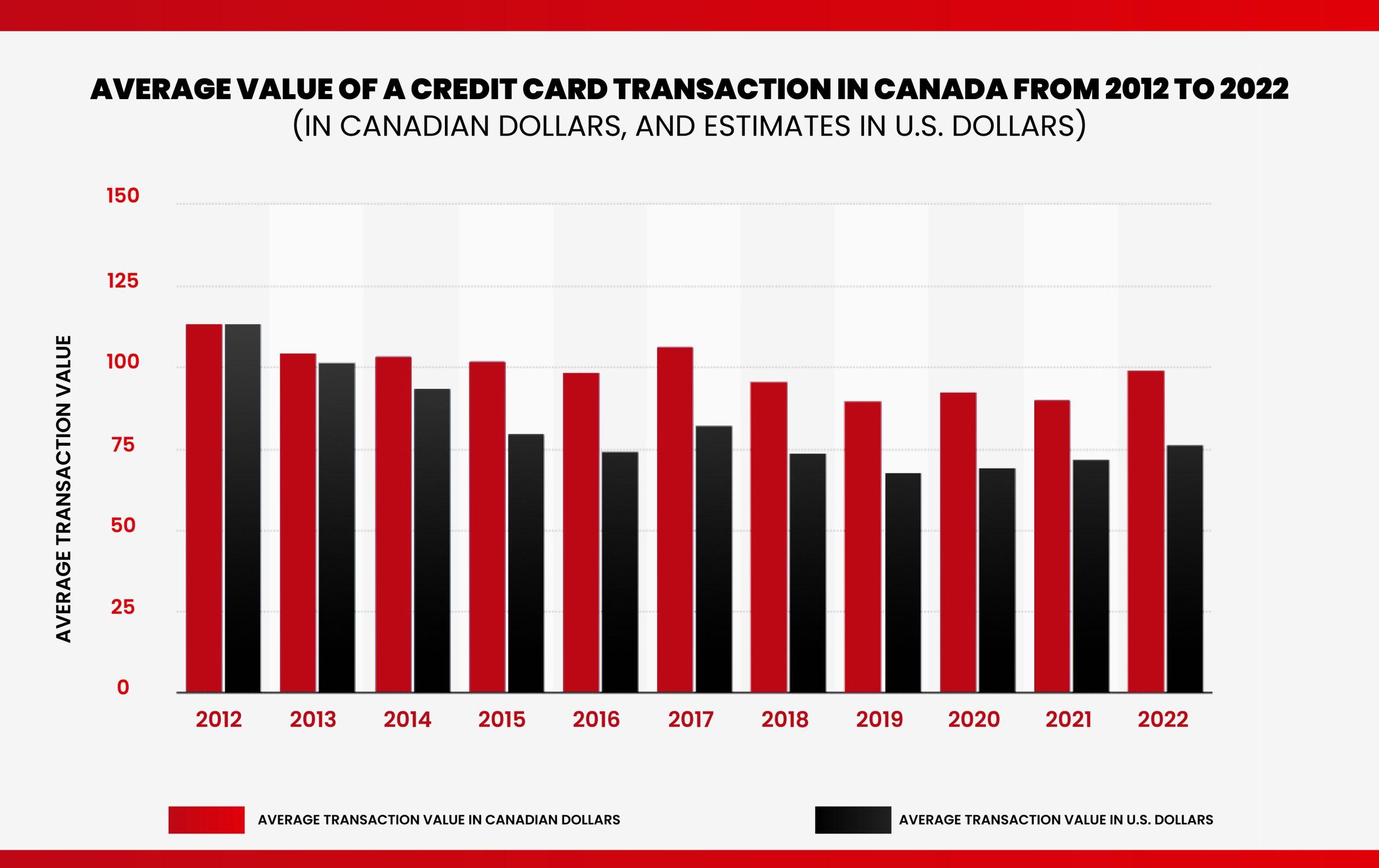A 0% intro APR on a credit card can seem like a great deal, especially if you’re looking to finance a big purchase or pay off existing debt without accruing interest. However, this benefit doesn’t last forever, and it’s essential to prepare for the moment your 0% intro APR ends.
Failing to plan for this transition could lead to high interest charges, making your credit card balance harder to manage. In this guide, we’ll explain what happens when your 0% intro APR expires, how to handle your payments to avoid sudden interest and strategies to minimize the impact on your finances.
Understanding the 0% Intro APR Offer
Before we dive into what happens when the 0% intro APR period ends, it’s crucial to understand what this offer entails. Many credit card issuers, especially travel credit cards and cash back credit cards, provide a 0% intro APR for a set period, usually ranging from 6 to 18 months. During this promotional period, you won’t be charged interest on purchases or balance transfers (depending on the card’s terms).

This introductory rate is a fantastic opportunity to pay off a large purchase or consolidate debt without worrying about interest charges. However, once the promotional period ends, the card’s standard APR kicks in, which can range anywhere from 15% to 25% or higher, depending on your credit score and the card issuer.
What Happens When the 0% Intro APR Ends?
When your 0% intro APR expires, the card’s standard interest rate will be applied to any remaining balance. If you haven’t paid off your balance in full by the time the intro APR ends, the remaining amount will start to accrue interest at the card’s standard APR.
This means that even if you only have a small balance left, interest charges could start piling up quickly. For example, if your credit card has an APR of 20% and you still have $2,000 left to pay, you’ll start accruing interest on that $2,000 at the 20% rate. In just a few months, this could add hundreds of dollars to your debt.
It’s important to note that your 0% intro APR does not apply to future purchases. After the introductory period ends, any new purchases made with the card will immediately be subject to the card’s standard APR.
How to Avoid Sudden Interest Charges
To avoid unexpected interest charges when your 0% intro APR ends, here are some effective strategies to manage your payments:
- Track Your Intro APR End Date Many people forget when their 0% intro APR is set to expire, and they end up facing surprise interest charges. It’s crucial to mark the expiration date on your calendar so you know precisely when the standard APR will take effect. You can also set reminders on your phone or through email alerts from your credit card issuer.
- Pay Off Your Balance Before the 0% APR Ends The best way to avoid interest charges is to pay off your balance in full before the promotional period ends. If you’ve been making minimum payments, consider increasing your payments as the end of the 0% intro APR approaches. This will help you pay down the balance faster and avoid any interest charges altogether.
- Balance Transfer to Another 0% APR Card If you’re not able to pay off your balance before the 0% intro APR ends, consider transferring your remaining balance to another card that offers a 0% intro APR on balance transfers. This gives you additional time to pay off your debt without accruing interest. Keep in mind that most balance transfers come with a fee, typically ranging from 3% to 5% of the transferred amount, so you’ll want to calculate if this is worth it.
- Create a Payment Plan If a balance transfer isn’t an option, and you can’t pay off your balance in full, create a payment plan that allows you to pay off the remaining amount as quickly as possible after the 0% intro APR ends. Focus on paying more than the minimum amount each month to reduce your balance faster and minimize the amount of interest you’ll accrue.
- Use a Credit Card with Lower Interest Rates If your current card has a high standard APR, consider switching to a card with a lower interest rate before the 0% intro APR ends. Many top-rated cash back credit cards and travel credit cards offer competitive ongoing APRs, and some even have rewards or credit card rebates that can help offset your interest charges.
What You Should Know About Deferred Interest
Some 0% intro APR offers, particularly those from store credit cards, come with a deferred interest clause. Deferred interest means that if you don’t pay off your balance in full by the end of the 0% intro APR period, you’ll be charged interest on the entire original balance, dating back to when you made the first purchase—not just the remaining balance.
For example, let’s say you charged $1,500 to your card and paid off $1,200 by the time your 0% intro APR expired. With deferred interest, you would be charged interest on the full $1,500 from the purchase date, even though you only have $300 left to pay.
To avoid this costly surprise, make sure you fully understand the terms and conditions of your 0% intro APR offer and prioritize paying off your balance before the promotion ends.
Conclusion
When your 0% intro APR period ends, it’s crucial to be prepared to avoid accumulating interest charges that could make your debt unmanageable. By staying organized, making a plan to pay off your balance, and considering options like balance transfers or switching to lower-interest cards, you can manage your credit card debt more effectively. Take advantage of the rewards offered by top rated cash back credit cards or travel credit cards to help offset costs, and always stay informed about your card’s terms to maximize your financial health.
Where Can You Apply For The Best Canadian Credit Cards?
Great Canadian Rebates is an online platform that lets Members compare credit card options available in Canada and apply for the one that best suits their financial and lifestyle requirements. It’s free to join, and Members can also choose from over 700 well-known merchants and take advantage of great rebates, deals, and discounts.
Visit the website today for more information.


